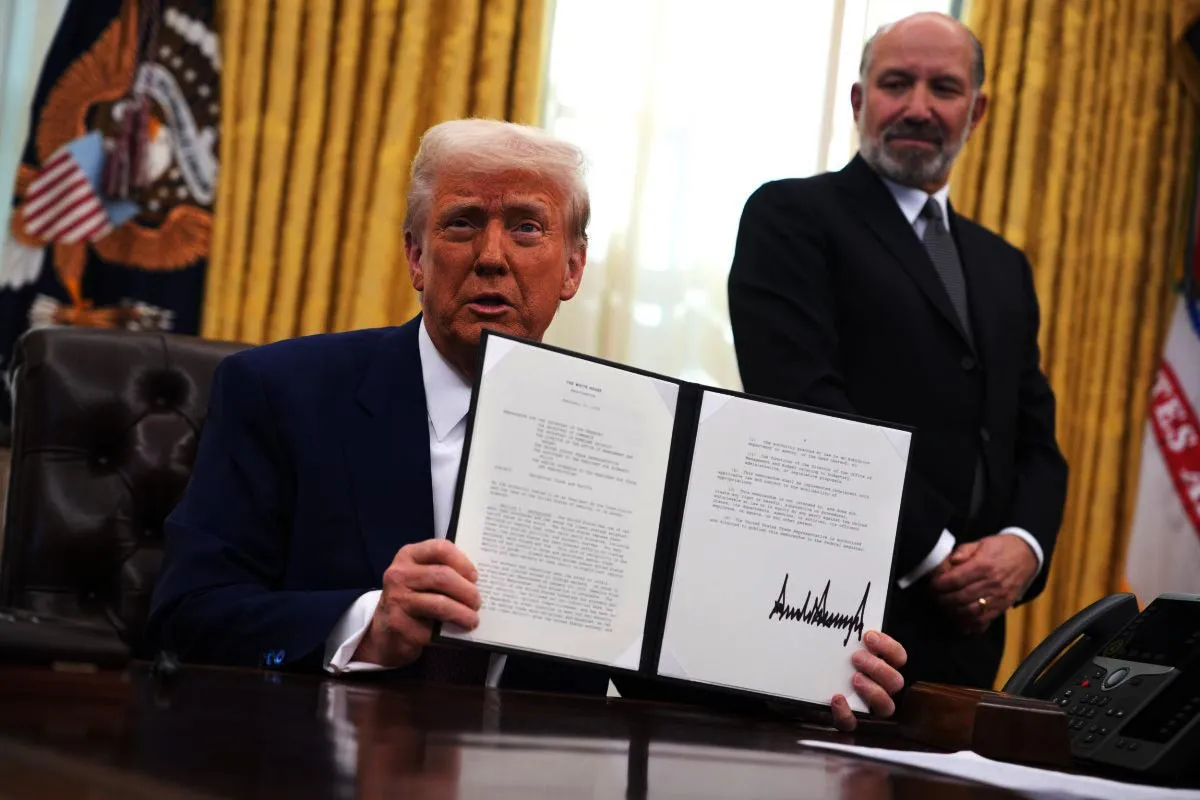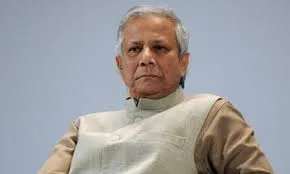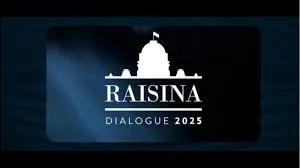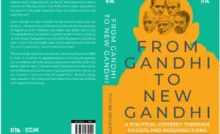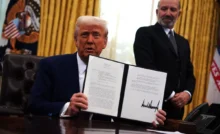The nation has been witnessing a frenzy of demolition drives for the past few months. What started in Uttar Pradesh a few years back has now spread to Madhya Pradesh and Gujarat, where communal flare-ups were followed by demolition drives. It also reached the national capital, where municipal officers started razing houses and shops at Jahangirpuri in north-west Delhi after a clash between communities in 2022. The Supreme Court, however, ruled that the status quo should be maintained till further orders.
Bulldozer Justice refers to a controversial practice in India where authorities use bulldozers and heavy machineries, to demolish properties belonging to individuals accused of serious crimes like communal riots, rapes, and murders. The practice of Bulldozer Justice has been reported in several Indian states, including Uttar Pradesh, Delhi, Madhya Pradesh, Gujarat, Assam, and Maharashtra. The legality of the instant bulldozer action seems complex and full of intricacies even as experts differ on the issue.
Reasons behind Bulldozing
State Government officials assert that bulldozer demolitions are carried out in accordance with existing municipal laws and regulations laid down in cases of illegal constructions. For ex- UP government officials contend that actions are carried out by adhering to legal protocols established under acts like the U.P. Municipal Corporation Act and the U.P. Urban Planning and Development Act. State Governments contend that ‘bulldozer action’ is part of a broader strategy to deter illegal criminal activities and maintain public order. They also contend that demolition of illegal properties of those accused in communal tensions, helps to restore order and calm tensions during incidents of communal violence or mass unrest. For ex- Haryana Government’s Bulldozer action after Nuh Violence.
Arguments Against the Use of Punitive Bulldozing.
Demolitions are often carried out without following proper legal procedures and justification, undermining the rule of law. For example, Delhi’s Jahangirpuri case, incidents in Nuh (Haryana), and Khargone (Madhya Pradesh). A person’s home cannot be demolished solely based on accusations against them or their family members, as this violates Fundamental Rights and due process. Punitive demolitions often affect the individuals for actions they did not commit which is illegal under both national and international law. This exacerbates social inequalities, leading to further marginalization of already vulnerable populations. Reports indicate that demolitions are often accompanied by police violence, which constitutes a violation of human rights and can lead to physical and psychological harm for affected individuals. The use of demolitions as a form of political retribution or control undermines democratic principles and can be seen as a tactic to instill fear among communities, particularly in politically sensitive contexts.
The Demolitions violating the principles of necessity and proportionality?
Demolition of property is usually the last resort in any case. In the present circumstances, the alleged rioters at the most could’ve been charged with Section 146 (rioting) and Section 153-A (promoting enmity between groups) of the Indian Penal Code. Civil claims could’ve been pursued for damage to public and private properties. Hence, the summary demolitions of houses of the alleged rioters were disproportionate to the legitimate aim of maintaining public law and order. The authorities went beyond what was strictly and reasonably required to achieve this aim.
The demolitions have also legitimized guilt by association wherein a whole building was demolished even if one tenant had allegedly engaged in rioting. The Delhi High Court in the case of Chandni Chowk Sarv Vyapar Mandal (Regd.) v. Municipal Corporation of Delhi, held that “it is not enough to take action against a class of persons, with the allegation that all of them are guilty, and tainted. Even if mass action is required, principles of fairness demand that the authority applies its mind to the materials regarding individual cases.”
Bulldozing and the Rule of Law
The act of bulldozing ruthlessly buildings is a clear representation of how the ruling party views the rule of law. The ruling party is desperately disrespecting the independence of public institutions and civil society. Naturally, in Uttar Pradesh, the bulldozers first went into action.
State protected demolition drive increasingly becomes the topic of national relevance. Municipal authorities are attempting to demolish dwelling house in some states and the capital of the country. Before any coercive action can be taken legally, the affected individual must first be served with a notice and given the chance to be heard. The need for notice is not a matter of method or proceeding but it is necessity of natural law principle and the rule of law. The demolition drive led by the state is taking place without providing opportunity to knock the doors of the court and of fair hearing. These demolition drives are a truly important and current issue of national relevance because it is the administrative trial without judicial trial.
In the year of 1978, in the most celebrated judgment of Supreme Court in the case of Menaka Gandhi vs. union of India, the court stretched the limited scope of article 21 of the constitution of India. The Supreme Court stated that the “due process of law” is an integral part of procedure established by law. the supreme court held, “procedure must be fair, just and reasonable.” it should not be deemed procedural at all if the legal process is imaginative, harsh, or arbitrary in nature, as this would not satisfy all of article 21’s standards.
In the year of 1985, the case of Olga Tellis & Ors. vs. Bombay municipal corporation & Ors. came before the Apex court. The court emphasised on the legal necessity of issue of notice. the court also observed that the opportunity to be heard is a necessary requirement before the process of evicting residents of an illegal slum or pavement dwelling could begin. the supreme court made the seminal observation that even a trespasser should be given an adequate chance to leave before compel is utilised to forcefully remove them.
The fact that the current drives are against the law is what is novel. In India, the legal system is straightforward. Anyone accused of encroaching upon another’s property is given notice of the accusation and a chance to respond. However, in this bulldozing campaign, demolishing homes is a penalty for being a “rioter.” The central concern is that the authorities are doing all these acts in contravention of the basic principles embedded in the constitution and statute. There are no provision in the constitution and the statute which justifies the acts of the state. The central concern is not that government, municipal authority, or government contractor cannot dismantle a building or a component of a building without providing proper notice, notification, or reparation. But, the concern is that they are doing all without observing the basic principle of natural justice and rule of law. These demolition drives are promoting the sense of the retribution rather than the reformation. These acts of bulldozing dwelling house are nurtures by the sovereign authority and legalized by the dominating majority. The news agency also played important role in promoting this illegal and immoral as legal one.
Way Forward
The Supreme Court has mandated the administration to undertake a survey before carrying out demolitions. Also, the enforcement of basic procedural protocols, like giving sufficient advance notices, must be followed by the authorities. Pan India guidelines should be incorporated into relevant legislation and rules of the municipal authorities. Proper procedures must be followed during the pre-demolition, demolition and post-demolition phase. The burden of proof should be shifted to the authorities to justify demolition and displacement. This will ensure protection of the basic human right of right to shelter. An independent committee with judicial and civil society representatives should be constituted to review the legality of proposed demolitions.
The Writer is an Associate Professor in Seedling School of Law and Governance, Jaipur National University, Jaipur.




